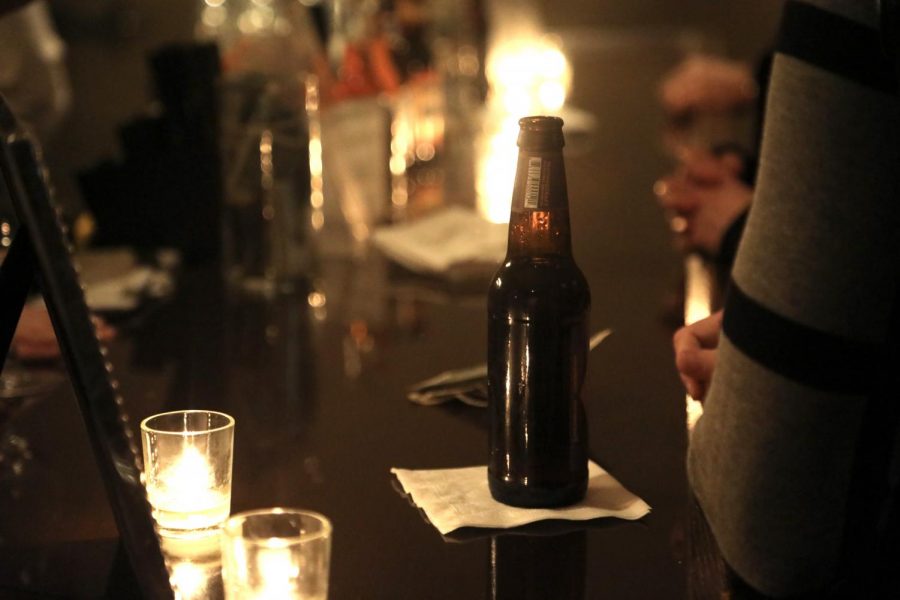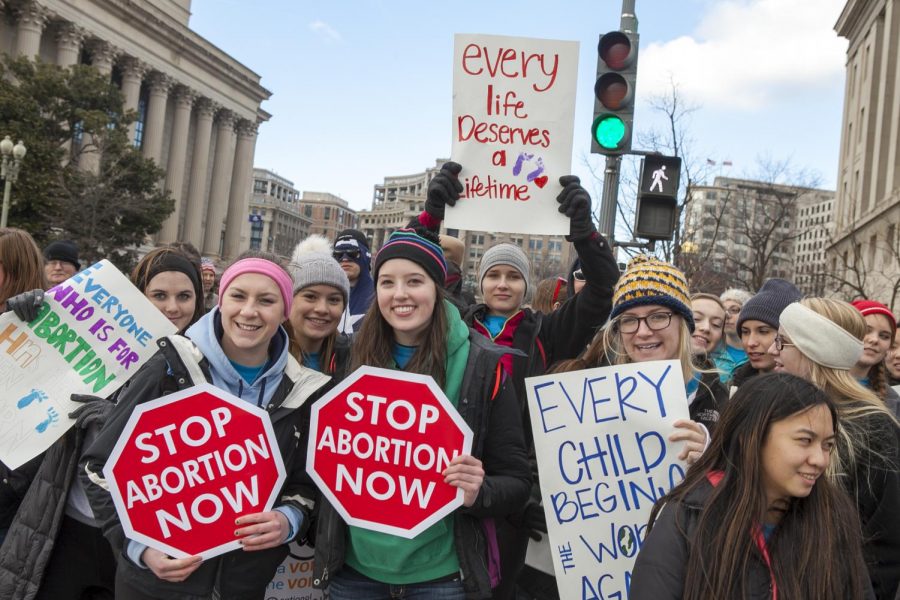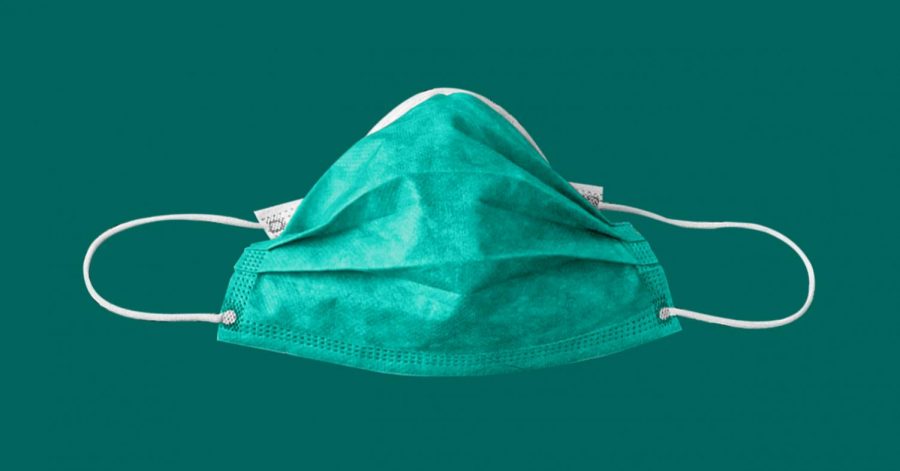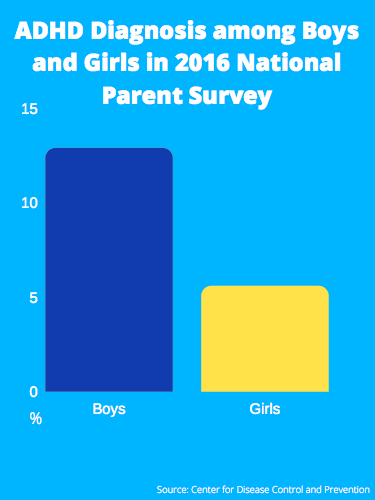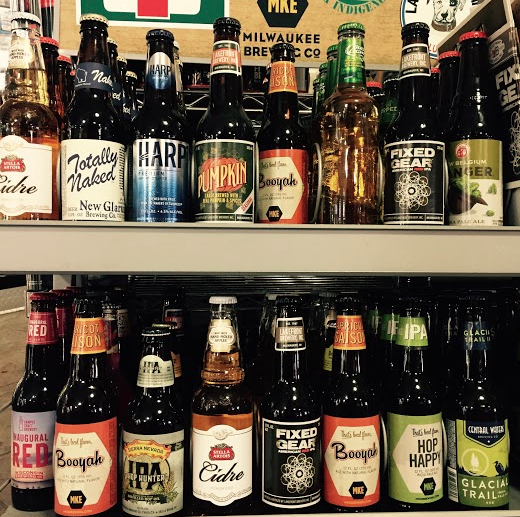
We were due for another social media uproar, and the Center for Disease Control and Prevention (CDC) sure delivered. In early February, the CDC issued a press release urging women who drink alcohol to either completely abstain from drinking or begin taking birth control immediately.
This seemingly bold statement was announced after a study conducted from 2011 through 2013 revealed an estimated 3.3 million women in the United States between the ages of 15-44 were drinking, sexually active and not using birth control. Further, surveys showed that three in four women trying to conceive did not stop drinking when they discontinued their birth control method.
The CDC obviously thought it had good reason to issue such a large blanket statement more or less saying, “if you’re not on birth control, don’t drink.” The reason the CDC issued the statement is due to the steady rise in incidences of Fetal Alcohol Spectrum Disorder (FASD) over the years in the United States and Western European countries. The prevalence of the disease is hard to pinpoint, as symptoms exist on a spectrum, but estimates say 1 in 20 U.S. children could be affected. And that number is only increasing. Binge drinking among women seems to be on the rise. FASD has a wide range of symptoms including delayed development, short stature, learning disabilities, speech impairment, anti-social behavior and distinct facial abnormalities.
Naturally, many women weren’t thrilled to see a headline condensed to say, “Women of childbearing age should avoid alcohol unless they’re using contraception, federal health officials said Tuesday,” as it showed up on their Facebook sidebar. The press release immediately garnered backlash from columnists nationwide, perhaps most notably the Washington Post’s “The CDC’s incredibly condescending warning to young women,” or The Atlantic’s “Protect Your Womb From the Devil Drink.” Columns published around the country angrily deplored the interpreted message that women are merely baby “incubators” and a woman was entirely responsible for providing birth control. Many took it even further and claimed the press release was actively shaming women who drank or engaged in a lifestyle involving alcohol in the first place.
Cue eye roll. If this is the type of issue that makes women feel ostracized or targeted, then apparently we have a lot of work to do. Yes, many women drink responsibly, and many do not. Some pregnancies occur after a night of drinking, and some do not. No one is implying drinking alcohol automatically leads to irresponsible sex, or sex at all for that matter. The press release merely says that should a woman become pregnant and is unaware, alcohol is very dangerous to her unborn baby. Not sexually active? Great, this doesn’t apply to you.
And if it does apply to you, can we not see the logic in the study, or are we too hell bent on calling out its supposedly sexist message? In an age when a “few casual drinks” has turned to a few casual shots, maybe this isn’t so crazy. Maybe it’s not about us.
I wholeheartedly agree with the CDC Principal Director, Dr. Anne Schuchat when she points out the harsh, but true reality of this issue: “About half of all pregnancies in the United States are unplanned, and even if planned, most women won’t know they are pregnant for the first month or so, when they might still be drinking. The risk is real. Why take the chance?” This shouldn’t be a feminist talking point, rather a scientific discussion.


